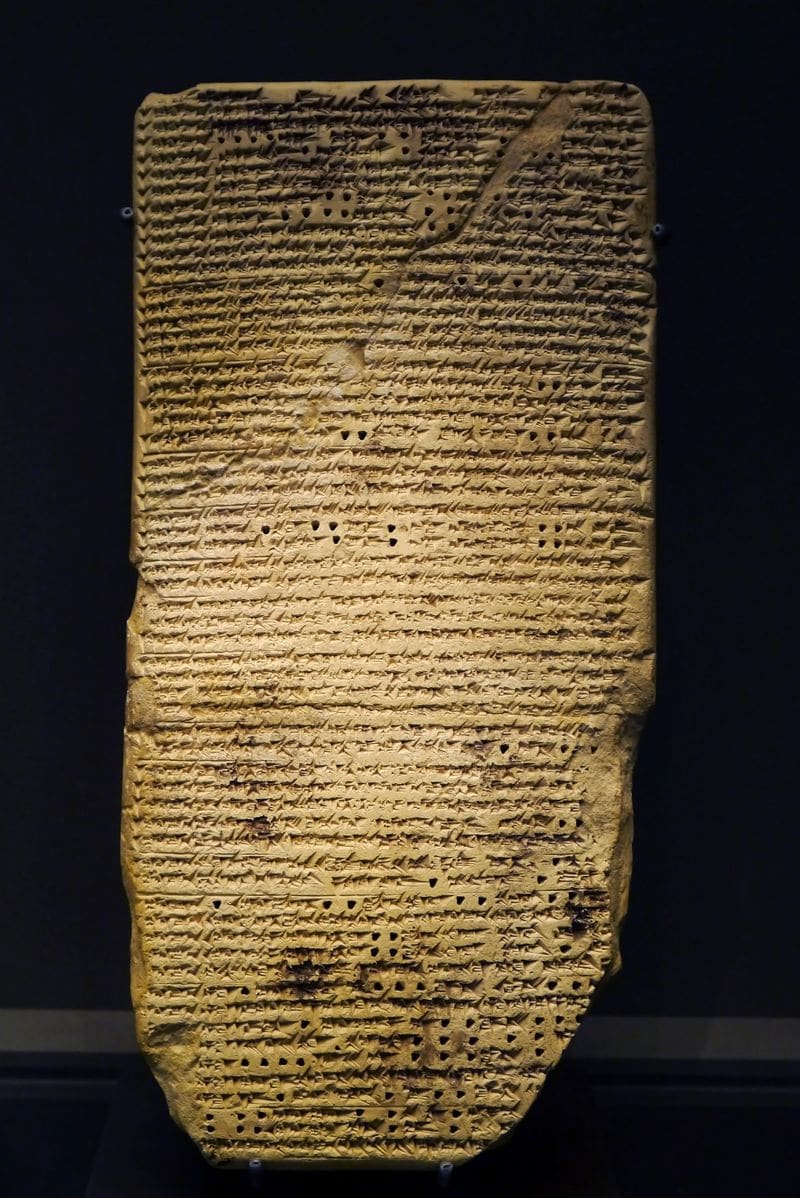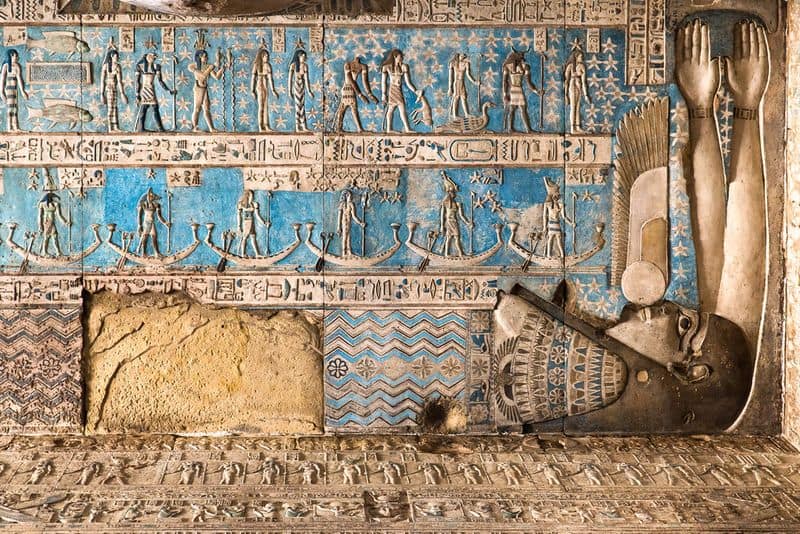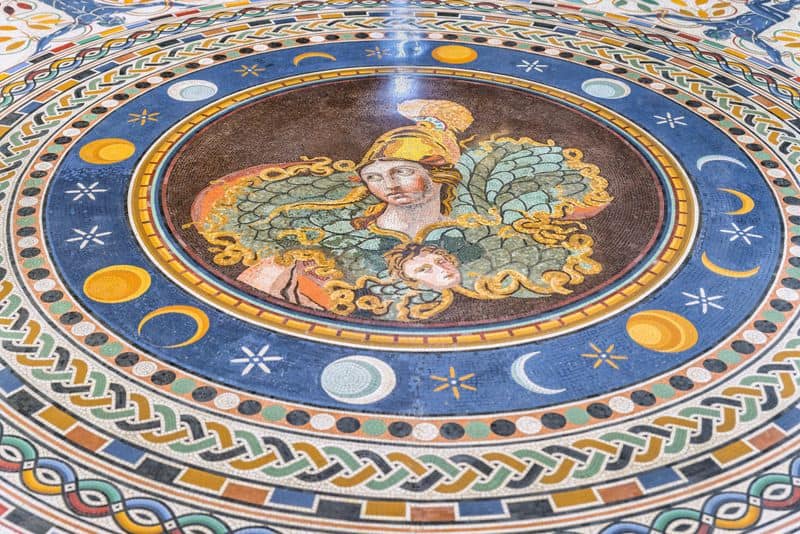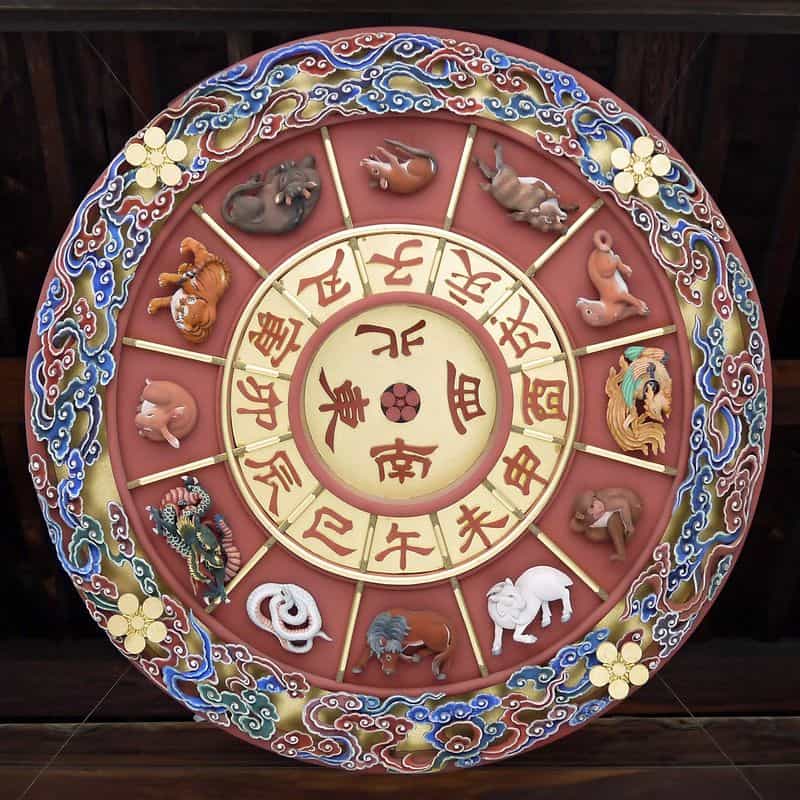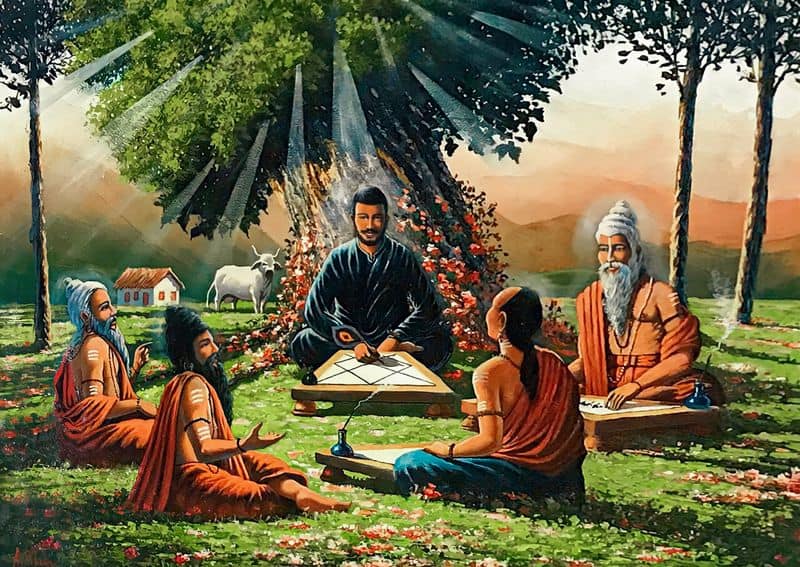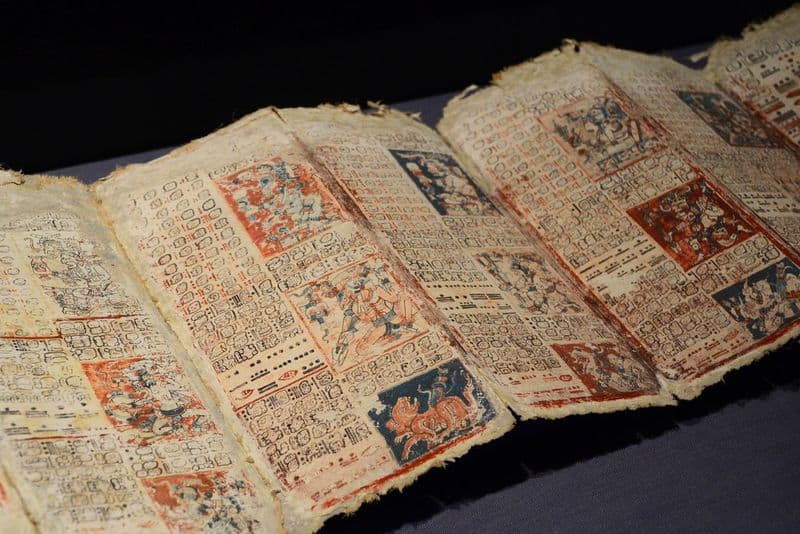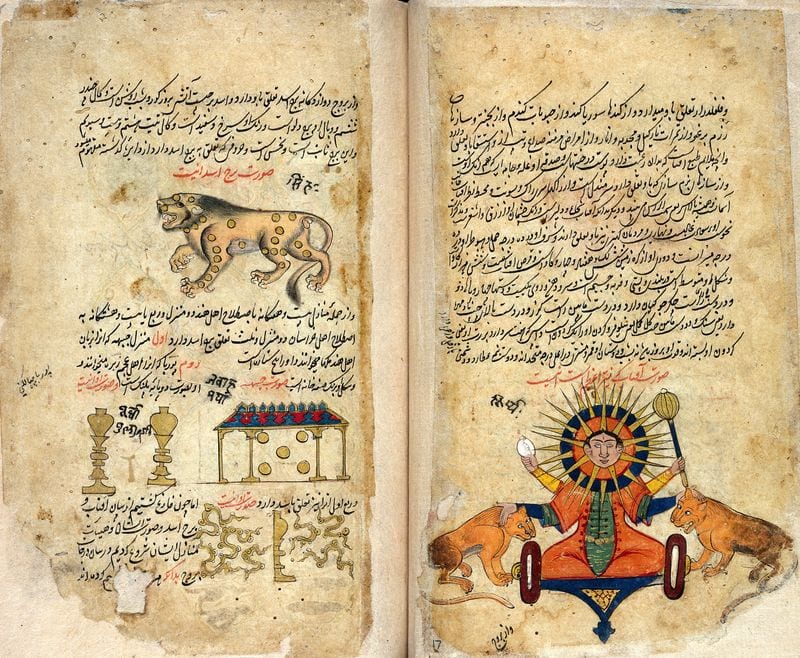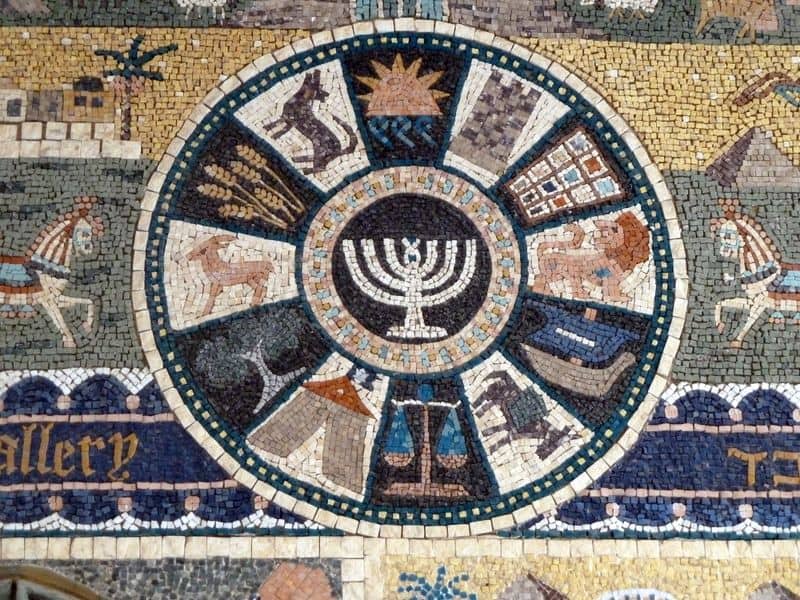When you gaze up at the night sky, you’re looking at the same stars that fascinated our ancestors thousands of years ago.
Ancient peoples around the world developed complex systems to interpret celestial movements and connect them to earthly events.
These star-reading traditions eventually evolved into what we now call astrology, with each culture adding its own special twist to the cosmic recipe.
1. Star-Obsessed Babylonians: The Original Cosmic Detectives
Picture ancient Babylonian priests squinting at the night sky around 2000 BCE, frantically scribbling on clay tablets whenever Jupiter changed position. These celestial stalkers created the world’s first organized astrology system!
The Babylonians divided the sky into twelve equal parts (sound familiar?), creating the zodiac we still use today. They were convinced that planetary movements could predict everything from royal deaths to upcoming floods.
Hilariously, early Babylonian horoscopes were only created for kings and important figures—regular folks had to live without knowing if Mercury retrograde was ruining their day.
2. Egyptian Sky-Watchers: When Stars Controlled Farming
The ancient Egyptians took stargazing to a whole new level of practicality. Their entire agricultural calendar revolved around the star Sirius, whose annual appearance signaled the life-giving Nile floods.
Egyptian priests weren’t just spiritual leaders—they were cosmic weathermen! They meticulously tracked celestial patterns to advise pharaohs on everything from planting crops to waging wars.
Fun fact: Egyptians divided the sky into 36 star groups called ‘decans,’ which they used to tell time at night. Imagine checking your constellation instead of your watch to see if you’re late for dinner!
3. Greek Star Philosophers: Making Astrology Fancy
Leave it to the Greeks to transform star-watching into a philosophical art form! While earlier cultures used astrology mainly for predicting disasters, Greek thinkers like Pythagoras and Plato elevated it to a sophisticated cosmic science.
The real astrology superstar was Ptolemy, whose text ‘Tetrabiblos’ became the ultimate astrological handbook for centuries. He blended mathematics, astronomy, and philosophy into a system that linked planetary movements with human personality traits.
Greeks also gave us those delightful zodiac personalities—so next time you blame your stubbornness on being a Taurus, you can thank these toga-wearing intellectuals!
4. Chinese Cosmic Balance: Animals Take Over the Zodiac
Ancient Chinese astrologers weren’t content with boring star patterns—they needed animals! Their ingenious system assigned twelve creatures to years in a repeating cycle, creating the Chinese zodiac we know today.
Unlike Western astrology’s monthly signs, Chinese astrology emphasized your birth year and the balance of five elements: wood, fire, earth, metal, and water. The resulting combinations created a cosmic personality profile that’s still popular at Chinese New Year celebrations worldwide.
According to legend, the zodiac animals’ order was determined by a celestial race. The rat cleverly hitched a ride on the ox’s back, then jumped ahead at the finish line—explaining why rats come first in the cycle!
5. Indian Cosmic Mathematics: Calculating Your Destiny
Ancient Indian astrologers weren’t messing around with vague predictions—they created Jyotish (Vedic astrology), a mathematical marvel that tracks 27 lunar mansions instead of just 12 sun signs. Talk about overachievers!
Vedic astrology emerged from sacred Hindu texts called the Vedas around 1500 BCE. These cosmic mathematicians believed your birth chart was essentially your karmic report card from past lives, showing debts to be paid and lessons to be learned.
The funniest part? Traditional Indian astrologers wouldn’t just predict your future—they’d prescribe specific gemstones, mantras, or rituals to improve your cosmic forecast. Wearing an emerald might literally change your destiny!
6. Maya Time Masters: When Venus Ruled Supreme
The Maya civilization took cosmic obsession to extraordinary heights with their Venus calendar. These Mesoamerican stargazers tracked the planet’s movements with greater accuracy than European astronomers would achieve centuries later!
Maya priests believed Venus was the feathered serpent god Kukulkan, whose cosmic journey influenced everything from warfare to agriculture. Their magnificent temples were precisely aligned with celestial events, creating spectacular light shows during solstices and equinoxes.
Most remarkably, the Maya created the Tzolkin, a 260-day sacred calendar that combined 20 day signs with 13 numbers. This cosmic counting system remains in use by Maya communities today—talk about an astrological tradition with staying power!
7. Persian Star Wizards: Inventing Astrological Tools
Ancient Persians weren’t content just gazing at stars—they wanted precision instruments! These cosmic engineers invented the astrolabe, a remarkable device that could track planetary positions and tell time by measuring star angles.
Persian astrology flourished during the Sassanian Empire (224-651 CE), when royal courts employed star experts to advise on everything from marriage timing to battle planning. The famous Persian polymath Al-Biruni wrote extensively about the zodiac, creating star catalogs that remained unrivaled for centuries.
Persian astrologers also pioneered horary astrology—answering specific questions by casting charts for the moment they were asked. “Should I marry this person?” Just check where Jupiter is right now!
8. Jewish Cosmic Debates: Stars vs. Free Will
Ancient Jewish scholars had perhaps the most fascinating love-hate relationship with astrology of any culture. The Talmud contains seemingly contradictory statements: “Ein mazal l’Yisrael” (Israel is not subject to astrological influence) versus detailed discussions of planetary influences!
Many rabbis accepted astrology’s validity while emphasizing that prayer and good deeds could override cosmic predictions. This created a uniquely Jewish approach where birth charts were consulted but never considered absolute destiny.
By medieval times, Jewish astrologers had become highly respected throughout Europe and the Middle East. The famous scholar Maimonides rejected astrology as superstition, while Abraham ibn Ezra embraced it—proving that cosmic debates have been dividing families for millennia!


